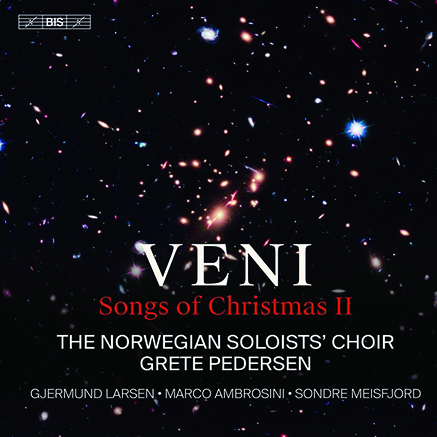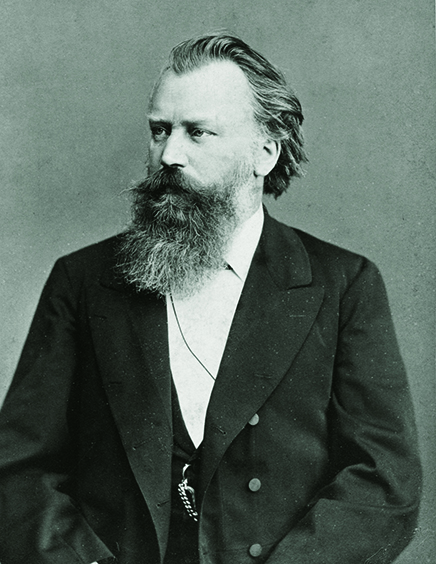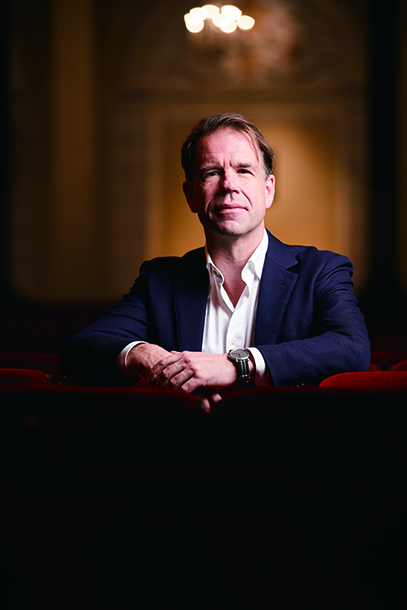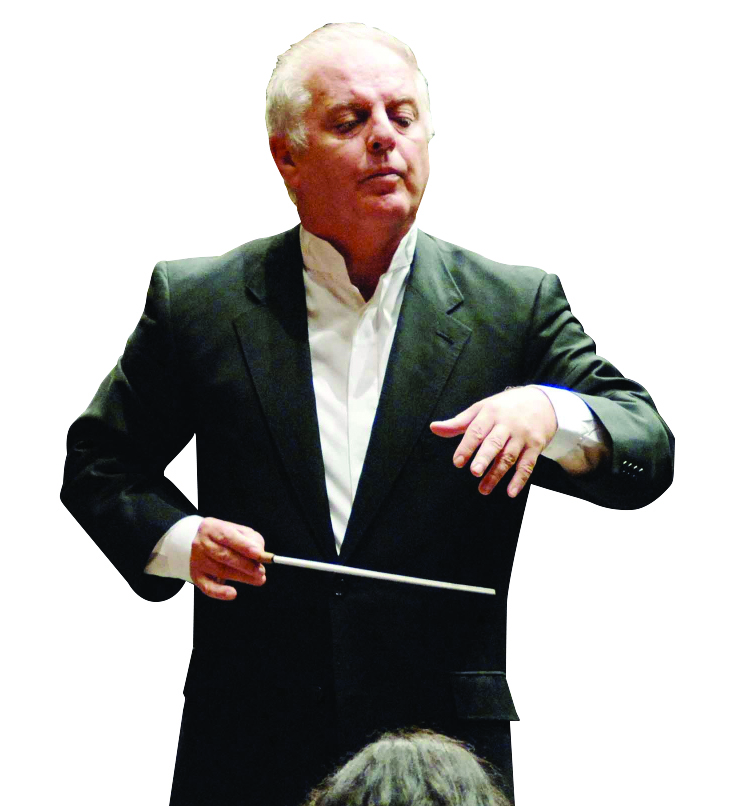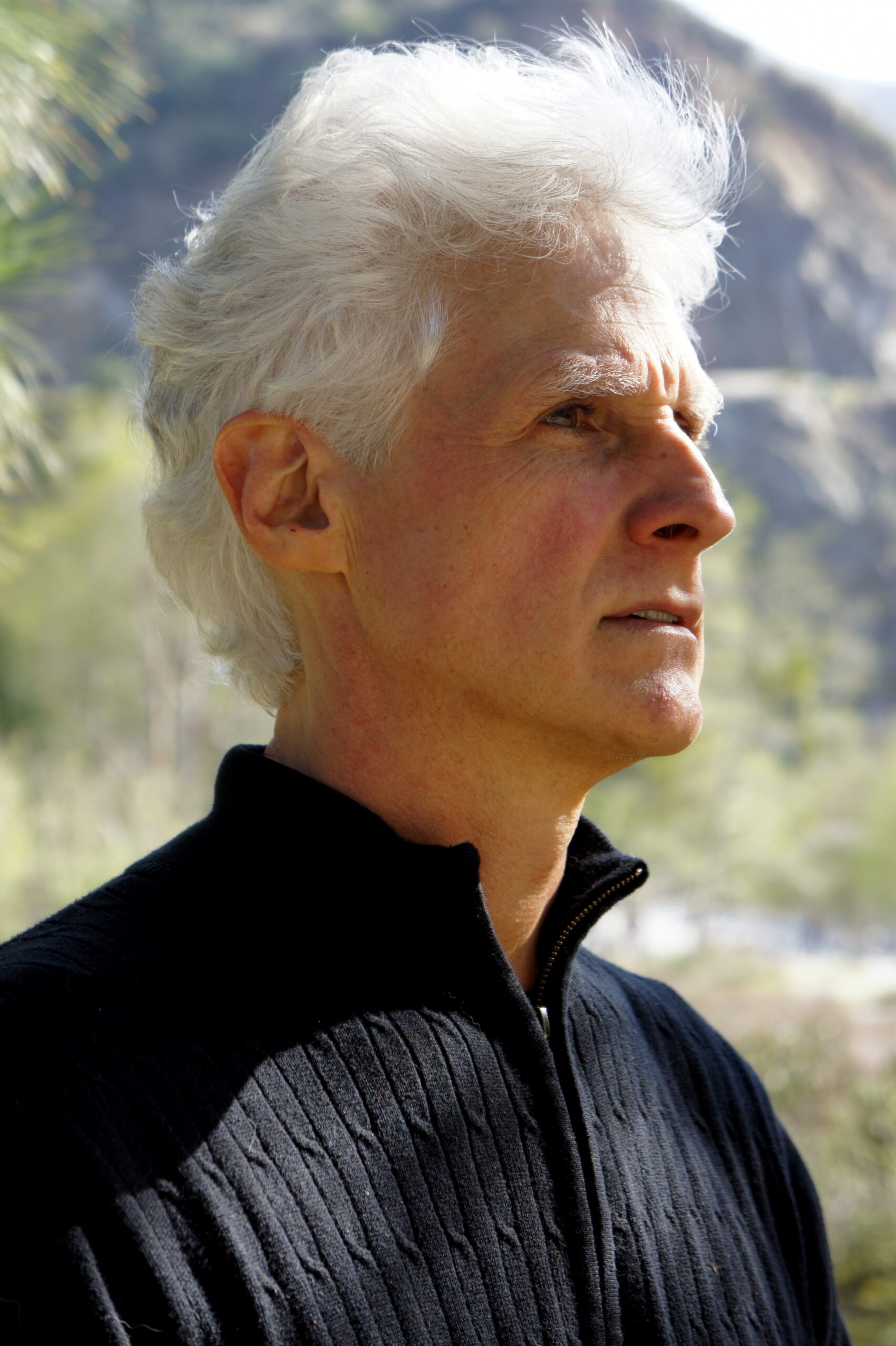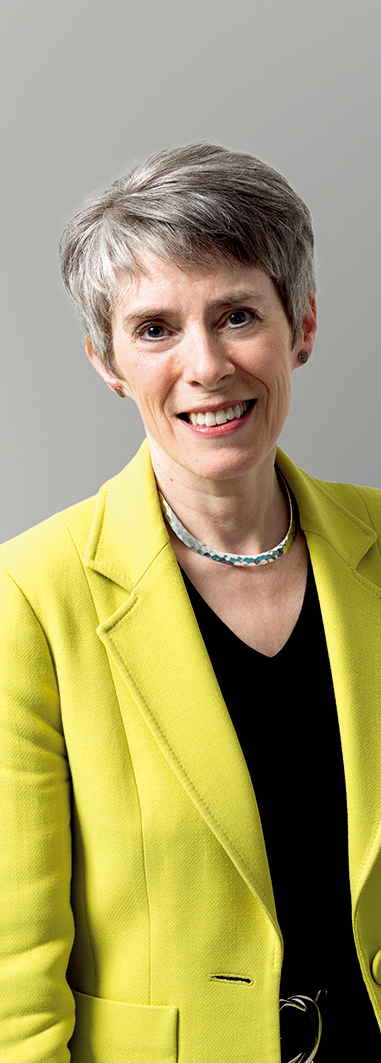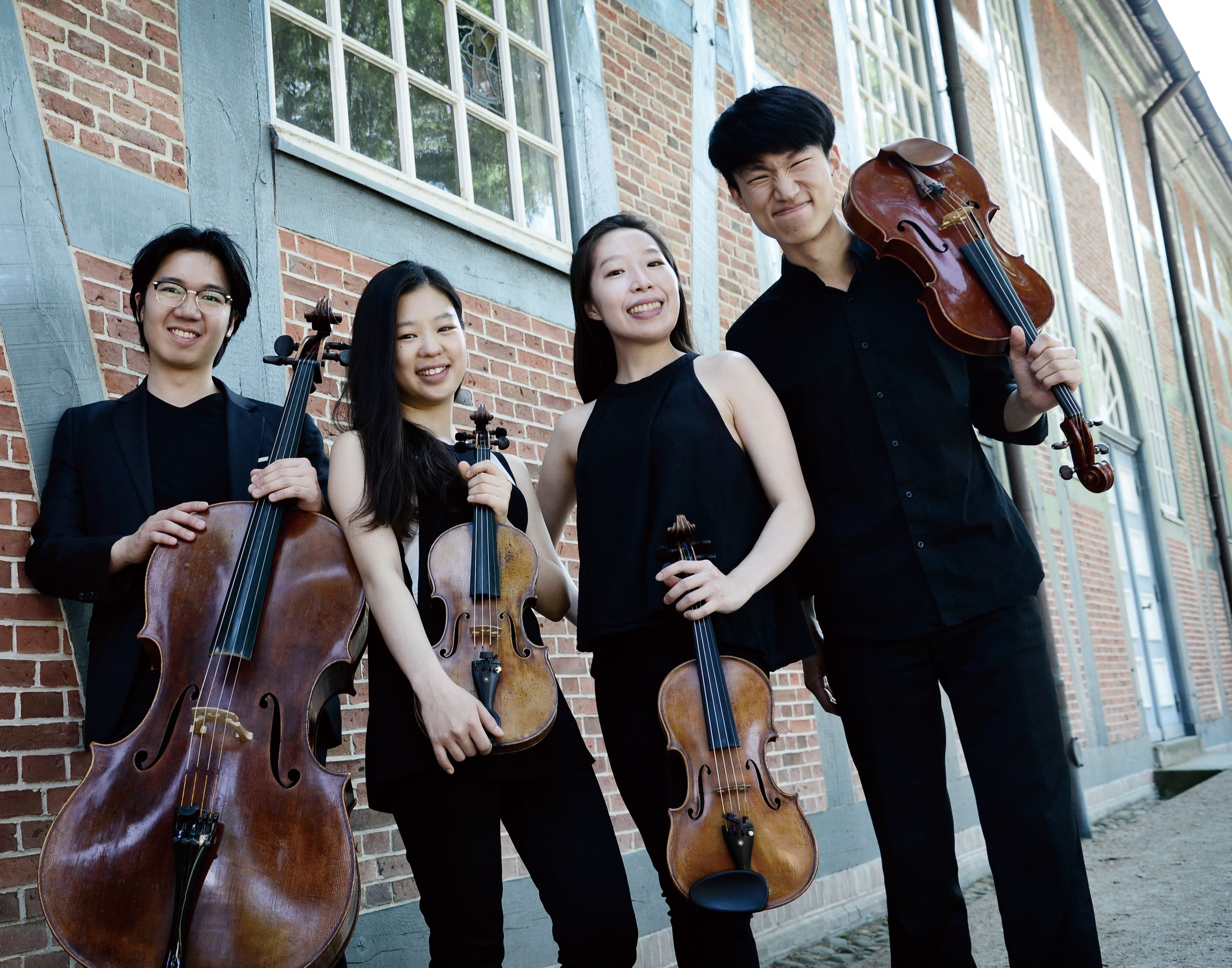공포에서 갈채로 : 나의 성당 데뷔기
휴전기념일이던 어느 일요일 저녁, 영국이 세계대전 전사자들을 애도할 때, 나는 포츠머스 성당의 두 번째 줄에서 두려움에 떨며 앉아있었다. 나의 일반적인 연주 전 상태가 아니었다.
그다지 운이 좋지 않은 여러 음악가들과는 달리, 나는 무대공포에 면역이 되어 있다. 1천 명 앞에서 말러에 대해 이야기하라면, 머리카락 한 번 쓸거나 혹은 페이지 한 장을 넘기지 않고 두 시간 내내 강의할 수 있다. 오케스트라의 오보에가 A음을 내기도 전에 쇤베르크 ‘바르샤바의 생존자’의 슈프레히게장을 낭송할 것이다.
그러나 그 일요일 저녁은 뭔가 달랐다. 나는 어느 흐린 11월에 ‘송 오브 네임스(The Song of Names, 이름들의 노래)’라는 내 소설을 바탕으로 한 작품의 초연을 보러 로열 네이비 포트 행 기차를 탔다. 그리고 성당에 발을 들이자마자 폭풍처럼 몰아치는 이상한 기운에 도끼를 맞은 기분이었다.
2002년 출판된 ‘송 오브 네임스’는 대공습 시절, 런던에서 자란 두 유대인 소년 마틴과 도비들의 이야기이다. 도비들은 가족이 폴란드에서 몰살당한 바이올리니스트이다. 그의 데뷔 날, 도비들이 사라진다. 강렬한 유대인 이야기인 것이다.
책 출판 2년 후, 내가 그녀의 십대 시절부터 알고 지냈던 한 작곡가가 이 소설을 바탕으로 합창과 오케스트라를 위한 작품을 써도 되는지 물어왔다. 나는 모든 종류의 변명을 만들어냈다. 내 작품에 대한 통제를 끊는 것을 주저했기 때문이다. 그러나 록산나 파누프니크는 매우 끈질겼다. 나는 그녀가 포츠머스 그래머 스쿨(중등학교)과 런던 모차르트 플레이어스로부터 20분 정도 길이의 오라토리오를 위탁 받자 반대 의사를 접었고, 이후 우리는 현명하게 일을 해냈다.
‘송 오브 네임스’를 만드는 작업은 내 인생에서 가장 행복한 협업 중의 하나였다. 나는 록산나에게 흔한 유대인 혼성 모방적 사운드는 피해달라 부탁했다. 그녀는 런던 대학의 알렉산더 크냅 박사와 상의해 유대인 무덤에서 낭송되는 기도문 엘 말레 라하밈의 아슈케나지 선율을 가지고 돌아왔다.
나는 세상에 알려진 것 중 아마도 가장 오래되었을 유대인 선율을 대령했다. 런던에서 이라크 대제일 의식을 지휘하는 하잔 에즈라 미스리는 1천 년도 넘는 세파르디 선법을 내게 불러준 적이 있었다. 그 선율을 듣자마자, 나는 몇 세기 이후 동유럽에서 하시드 랍비들이 작곡한 명상적인 니구님과의 연관성을 알아차릴 수 있었다. 록산나와 나는 풍부한 자료를 통해 완벽히 독창적인 음악적 언어에 도달했다.
그 덕분에 리브레토는 쉽게 써졌다. 나의 단어들을 록산나의 음악과 어울리게 하고, 작곡가들이 빠른 기보를 위해 이용하는 컴퓨터 프로그램 시벨리우스에 그 결과물을 입력하면서, 대략적인 음향이 나쁘지 않다는, 아니 훌륭하다는 데 서로 동의했다.
그런데 왜 초연 날 밤, 나는 의심과 공포로 얼어붙었을까? 이례적인 기운이 나를 압도했다. 어떻게 내가, 실천적인 유대인이, 성당을 위해 코랄 작품을 쓴단 말인가? 랍비 선조들이 내 귓속을 잡아당기고 있었다.
작곡가는 어떻고? 록산나의 어머니는 유대인이지만, 본인은 폴란드 사람인 아버지의 영향으로 계시를 받은 로마 가톨릭 신자이다. 우리 각자가 우리 자신에게 진실한 적이 있었을까.
소수자로서의 경험에 기반한 나의 충실한 책임이 영국 국교회에 포섭되는 것을 염려하며, 나는 멀리 헤엄쳤다.
음악회는 에릭 휘태커의 이스라엘인 부인이 가사를 붙인 히브리 노래로 시작했다. 이어 울불불퉁한 커스타드보다 더 영국적으로 발음하려 고군분투하는, 자신을 부정하는 런던의 유대인 제럴드 핀지의 5개의 바가텔이 계속됐다.
이제 ‘송스 오브 네임스’의 차례다. 나는 마지막으로 내 리브레토를 훑었다. 테너들에게는 작은 유대인 농담을 주었다. :
우리는 베시트의 것과 같은 니군(가사 없이 부르는 유대 노래)이 필요해.
바흐라 불린 이방인 같은 니군.
골드베르크 니군.
베시트(Besht)는 하시드 유대교의 창시자이자 요한 제바스티안 바흐와 정확히 동시대인인 바알
토브의 머리글자이다. ‘골드베르크’는 바흐의 유명한 변주곡에 영감을 준, 이름은 유대인이지만 유대인이 아니었던 자의 이름이다. 자, 이제 그들이 어떻게 하는지 지켜보자.
준비하는 마음가짐은 소용없었다. 나의 단어들이 음악에 덧입혀진 것을 들었을 때의 충격이나 런던 모차르트 플레이어스와 두 합창단, 지휘자 니컬러스 클레오버리와 코벤트 가든의 바리톤 나이절 클리프가 작품에 쏟은 대단한 에너지 앞에서…. 모든 자음과 4분음표들이 마치 생사가 달린 일인 듯 방출되었다. 그리고 처음으로 거대한 선율이 나오기 시작했을 때는 성당 안의 모든 사람들의 머리카락이 주뼛 섰으리라.
이후, 내가 보이 소프라노들에게 어떤 부분이 제일 좋았냐고 묻자 그들은 나를 둘러싸고 재현부를 불렀다. 부모들은 그 아이들이 몇 주 동안 다른 것에 대해서는 거의 얘기하지 않았다고 이야기했다. “또 할 거예요?” 알토들은 소리쳤다. 나이절은 감정이 북받쳐 말을 잃었다. 다음 날 아침 한 첼리스트는 문자를 남겼다. “굉장한 저녁이었어요.”
근본적인 동기유발은 더 큰 기쁨이다. 포츠머스 그래머 스쿨(1732년 개교) 교장 제임스 프라이어리는 전통적인 의식을 넘어 추모행사를 넓히고 싶다고 설명했다. 올해 그는 학교와 도시, 도시 안 유대인들 간의 역사적인 관계를 탐구하는 데 이 행사를 활용했다.
그는 19세기 포츠머스가 유대인 억제정책을 폐지하고 그들에게 시민의 온전한 권리를 수여하라는 진정서를 다섯 번이나 의회에 제출했다는 사실을 담은 에세이를 음악회 프로그램에 싣기 위해 청탁하기도 했다. 이 도시는 1867년에 유대인 시장을 선출했고, 이 곳의 학교는 많은 유대인 졸업생을 배출했다. 그중 한 명인 마이크 바너드는 햄프셔에서 크리켓을 했으며(256 퍼스트 클래스 매치), 포츠머스 FC에서 축구를 했다(116 리그 게임). 얼마나 영국적인가?
제임스는 이날의 음악회를 녹음하고, 교육용 자료로 쓰기 위해 록산나와 나의 대화를 녹화했다. 그는 학교가 역사·환경·다양한 문화를 탐구할 수 있게끔 하는 이렇듯 큰 규모의 음악 작품을 의뢰하기 위해 불황의 한가운데서도 기금을 모았다. 그는 음악이 가장 효과적인 교육 도구 중 하나라고 주장했다.
그날 저녁 제임스는 68회째 결혼기념일을 맞은 부부에게 우리를 소개했다. 월터와 헤라 캐멀링은 대학살로 가족을 잃고, 어린 시절인 1938~1939년 아동이송정책으로 영국에 왔다. 그들의 이야기는 학교의 일부가 되었다. 추모는 계속될 것이다. 오라토리오가 탄생했다. 더 많은 연주가 이어질 것이다.
번역 이윤희(인디애나 음대 박사)
From terror to applause:How I made my cathedral debut
On the evening of Remembrance Sunday, when Britain mourns the dead of two world wars, I found myself sitting in the second row of Portsmouth Cathedral, paralysed with terror. This is not my usual pre-concert state.
Unlike many less fortunate musicians, I am immune to performance anxiety. Ask me to talk about Mahler to 1,000 people and I’ll discourse for two hours without turning a hair or a page. Let me loose on Schoenberg’s Survivor from Warsaw, and I’ll be inside the orchestra declaiming Sprechgesang before the oboe can sound an A.
That Sunday evening, however, was something else. I took the train to the great Royal Navy port on its sombre November day to attend the world premiere of a work based on my novel, The Song of Names. As I set foot in the Cathedral, I was poleaxed by a tempest of anomalies.
The Song of Names, published in 2002 is about two Jewish boys, Martin and Dovidl, who grow up in London during the Blitz. One is a violinist, whose family is wiped out in Poland. On the day of his debut, Dovidl disappears. It is an intensely Jewish story.
Two years after the book was published, a composer I had known since she was in her teens asked if she could turn it into a work for chorus and orchestra. I made all sorts of excuses, reluctant to relinquish control of my creation. But Roxanna Panufnik is nothing if not persistent and, when she obtained a commission from Portsmouth Grammar School and the London Mozart Players to compose a 20-minute oratorio, I let her wear me down over lunch and we got smartly to work.
The making of The Song of Names was one of the happiest collaborations of my life. I asked Rox to avoid anything that sounded like pastiche-Jewish. She raced off to consult Dr Alexander Knapp at the University of London and came back with the Ashkenazi tune for the El Male Rachamim prayer, recited over Jewish graves.
I countered with a melody that may be the oldest known Jewish tune. Chazan Ezra Misri, who conducts Iraqi High Holidays services in London, had sung me a Sephardi mode dating back more than a millennium, maybe longer. As it entered my ear, I heard affinities with meditative nigunim composed by Chasidic rebbes in eastern Europe many centuries later. Between us, Roxanna and I arrived at a musical language that was both richly sourced and altogether original.
Writing a libretto flowed easily from these decisions. Matching my words to Rox’s music and feeding the results into the Sibelius computer program that composers use for fast scoring, we heard an approximate sound of what awaited us and agreed that it was not bad, not bad at all.
So why, on premiere might, was I frozen by doubt and fear? Anomalies overwhelmed me. How could I, a practising Jew, write a choral work for a cathedral? Rabbinic ancestors were tugging at my inner ear.
And what of my composer? Roxanna, though maternally Jewish, is Roman Catholic by revelation and Polish by paternity. Had we each managed to be true to ourselves?
I had swum far out of my depth, fearful that my faithful account of minority experience was about to be subsumed by the establishment church. Rox stroked my sleeve by way of reassurance. All right for her, I thought. She does premieres all the time, that’s her job. Mine is to hide in an attic and write.
The concert opened with a set of Hebrew songs by Eric Whitacre, words by his Israeli wife. Then came five Bagatelles by Gerald Finzi, a self-denying London Jew who always strove to sound more English than lumpy custard.
Then it was The Song of Names. A last glance at my libretto. I had given the tenors a little Jewish joke:
We need a nigun, like the Besht’s
A nigun like the goy called Bach.
A Goldberg nigun.
The Besht was the acronym of the Baal Shem Tov, founder of Chassidic Judaism and an exact contemporary of Johann Sebastian Bach. Goldberg, though a Jewish name, was a non-Jewish who inspired Bach’s famous variations. Let’s see what they make of that, I thought.
Nothing prepared me for the shock of hearing my words set to music, or for the ferocious energy that the London Mozart Players, the two choirs, conductor Nicholas Cleobury and the phenomenal Covent Garden baritone Nigel Cliffe put into the work. Every consonant and crotchet was emitted as if it were a matter of life and death. And, when the big tune came into play for the first time, every hair in the Cathedral must have stood on end.
Afterwards, I asked the boy trebles which bit they liked best and they mobbed me with recapitulations. Parents came up to tell us their children had talked of little else for weeks. ‘Can we do it again?’ chirped the altos. Nigel was speechless with emotion. ‘Such an intense evening,’ texted one of the cellists next morning.
More pleasing still was the underlying motivation. James Priory, headmaster of Portsmouth Grammar School (est.1732), explained that he wanted to broaden the Festival of Remembrance beyond the conventional agenda. This year, he was using it to explore historic connections between the school, the city and its Jews.
He had commissioned an essay for the concert programme, which discovered that Portsmouth had five times petitioned Parliament in the 19th century to remove ‘the civil disabilities of the Jews’ and grant them full citizen rights. The city elected a Jewish mayor in 1867 and the school produced many Jewish graduates. One, Mike Barnard, played cricket for Hampshire (256 first class matches) and soccer for Portsmouth FC (116 League games). How English is that?
James recorded the concert and filmed a conversation between Rox and me for use as teaching materials. Somehow, in the thick of recession, he raised funds to commission a large-scale work of music around which the school could explore its own history, environment and multiple cultures. Music, he argued, is one of the most effective educational tools.
He introduced us to a couple who were celebrating their 68th wedding anniversary that night. Walter and Herta Kammerling came to England as children on the 1938-9 Kindertransport; their families perished in the Holocaust. Their story has become part of the school fabric. The act of remembrance continues. An oratorio is born. Further performances will follow. NL
